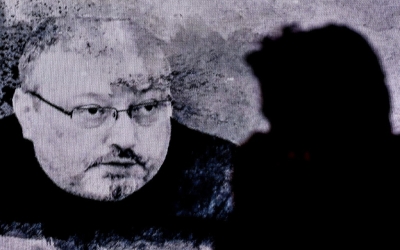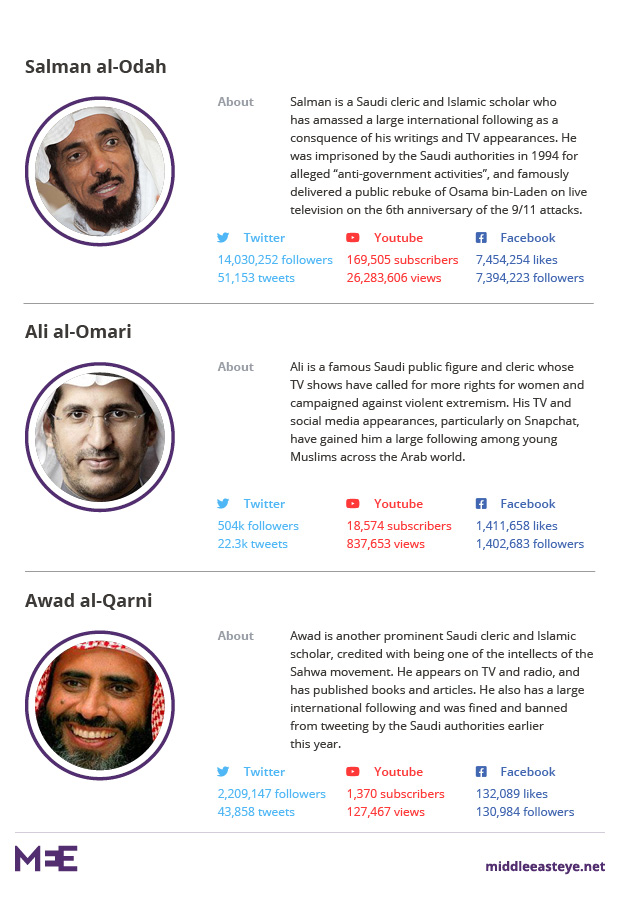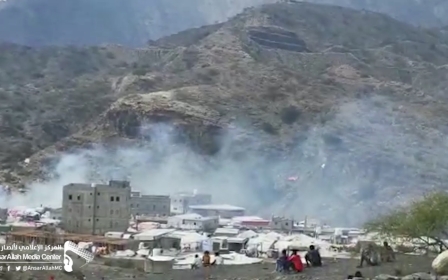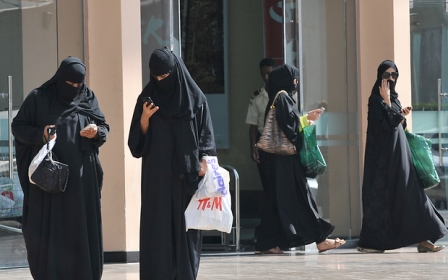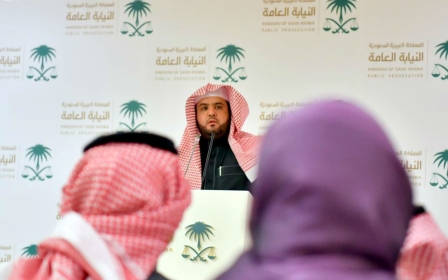Saudi scholar Salman Odah denied self-defence in court, says son
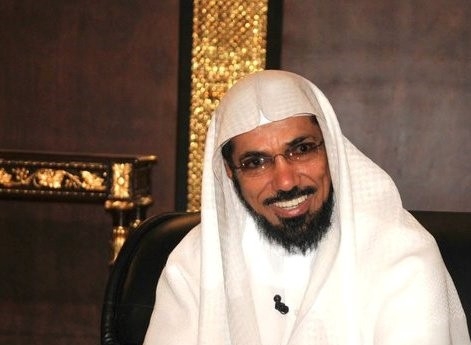
A Saudi prison has banned family visits for detained Saudi scholar Salman al-Odah, allegedly at his request, according to his son.
Abdullah al-Odah said his family was denied access to the scholar at Riyadh's al-Haer prison on Monday.
The prison administration, Abdullah said on Twitter, told the family that the ban on visitations came at Odah’s request, as he decided to “stage a strike against visits” after being denied self-defence in a recent court hearing.
Odah, 61, is an internationally renowned Sunni scholar and cleric known for his progressive views.
He was arrested in September 2017 shortly after tweeting a prayer for reconciliation between Saudi Arabia and its former regional ally Qatar, three months after Riyadh launched a blockade against the emirate.
Odah is facing the death penalty, and a court was expected to announce a verdict in December. However after several postponements, the court decided that it would open a new series of hearings in the following weeks, according to his son.
Abdullah has been a vocal supporter of his father, working to garner international support to prevent his execution, which he has said would amount to "state-sanctioned murder".
Amnesty International has repeatedly called on Saudi Arabia's King Salman to release Odah.
"Peaceful expression should not be met with solitary confinement and death sentence," the rights group said last month.
Secret tribunal
After being held for a year without charges, in September 2018 Odah appeared at a closed hearing of the Special Criminal Court, a tribunal set up by the interior ministry to try terrorism cases. Odah was then accused by the special prosecutor of 37 charges of terrorism.
The charges against him included exposing "injustices towards prisoners" and of "expressing cynicism and sarcasm about the government’s achievements".
Odah has also been accused of affiliation with the Qatari royal family, with the Saudi government citing his public unwillingness to support the Saudi-led boycott against the emirate.
His family has repeatedly denied the accusations.
In May, sources told MEE that the Saudi authorities were determined to execute Odah and two other moderate scholars, Awad al-Qarni and Ali al-Omari.
The news came just weeks after the Saudi government executed 37 men - mostly activists from the country's Shia minority - on terrorism charges.
At the time, there were rumours that the mass execution was being used as a trial balloon to see how strong the international condemnation would be.
In the first 10 months of 2019, the Saudi government beheaded 164 people, surpassing the previous record set in 2015, according to an October tally by the European Saudi Organisation for Human Rights.
Middle East Eye propose une couverture et une analyse indépendantes et incomparables du Moyen-Orient, de l’Afrique du Nord et d’autres régions du monde. Pour en savoir plus sur la reprise de ce contenu et les frais qui s’appliquent, veuillez remplir ce formulaire [en anglais]. Pour en savoir plus sur MEE, cliquez ici [en anglais].


